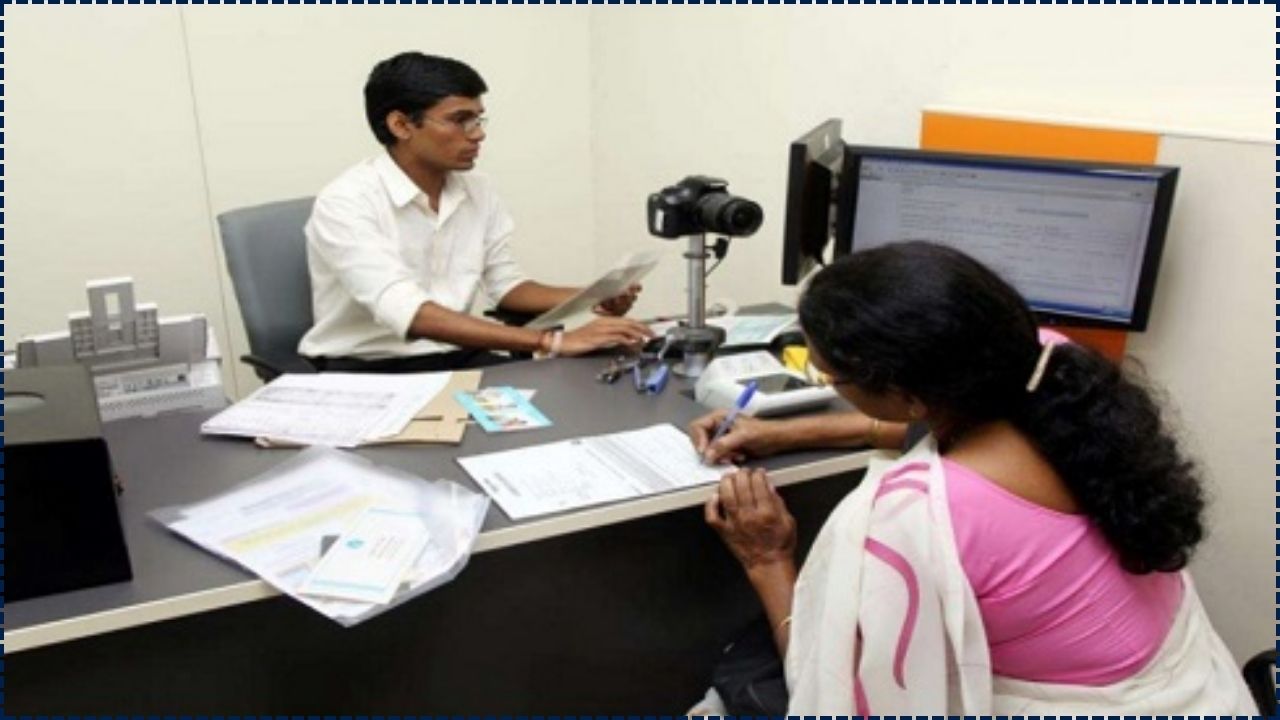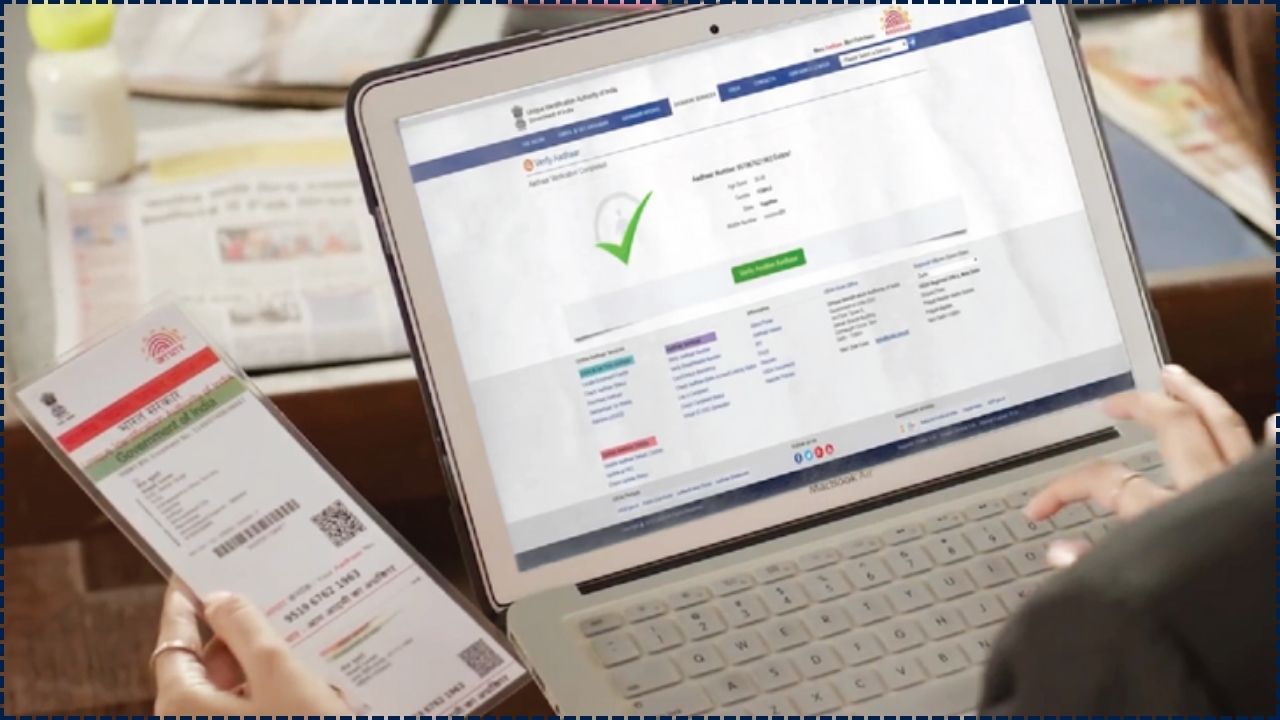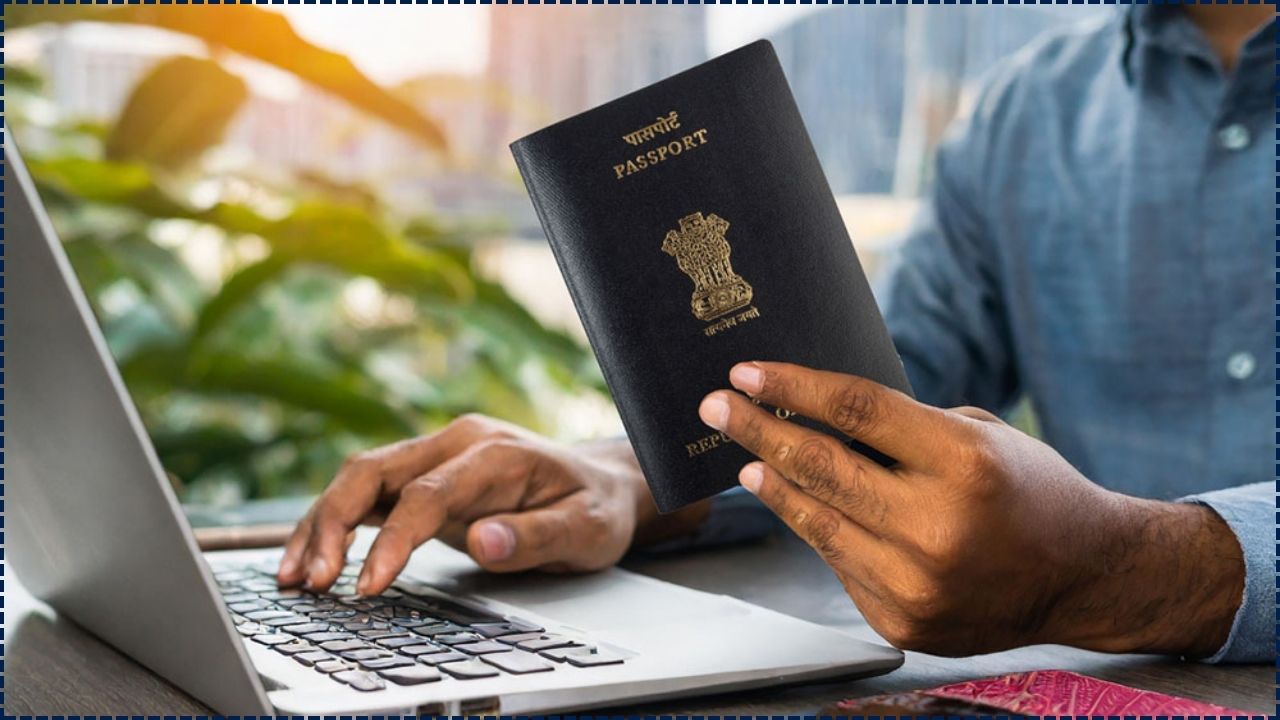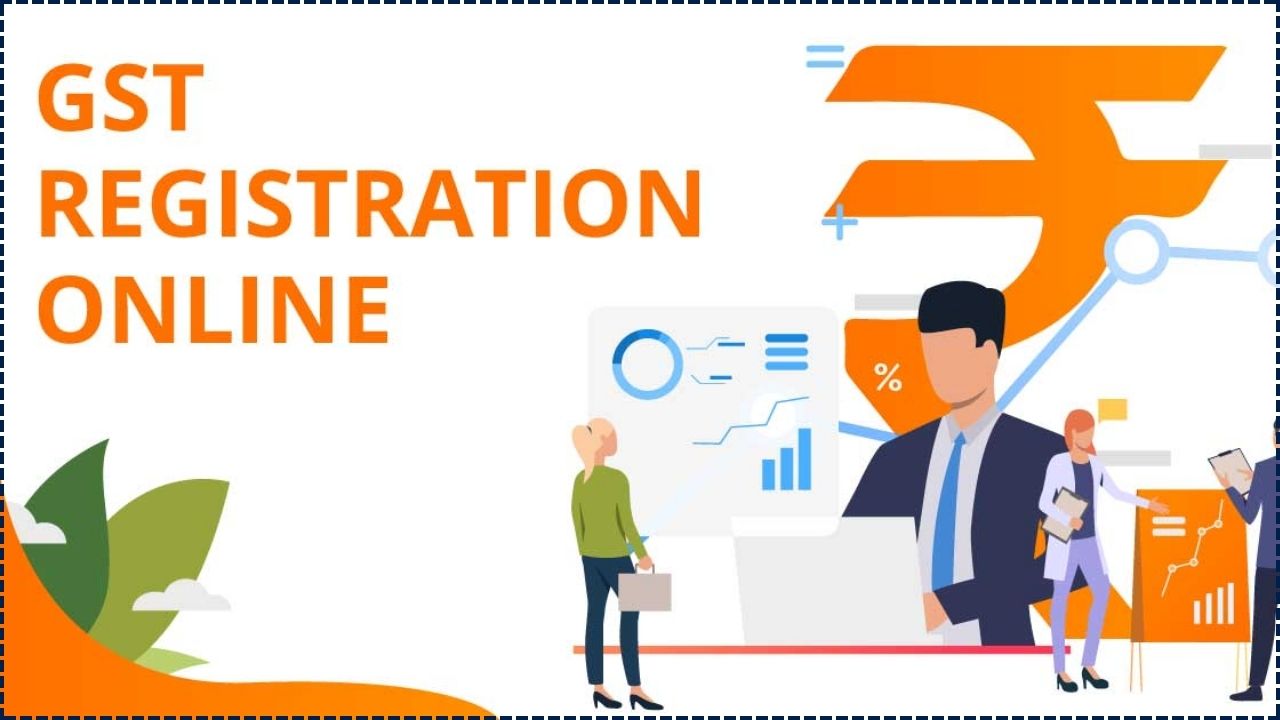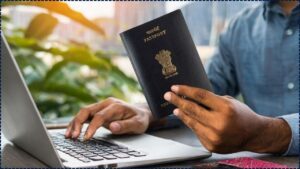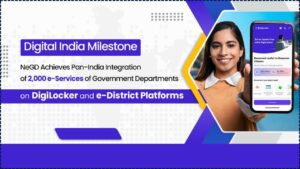India’s rollout of e-Passports marks a transformative milestone in the nation’s travel document ecosystem, reflecting a compassionate commitment to empowering citizens, particularly those from underserved communities, with secure, efficient, and globally compatible access to international mobility and opportunities. By integrating biometric technology and streamlining applications through a digital portal, the system ensures faster processing and robust safeguards, fostering trust and dignity for travelers.
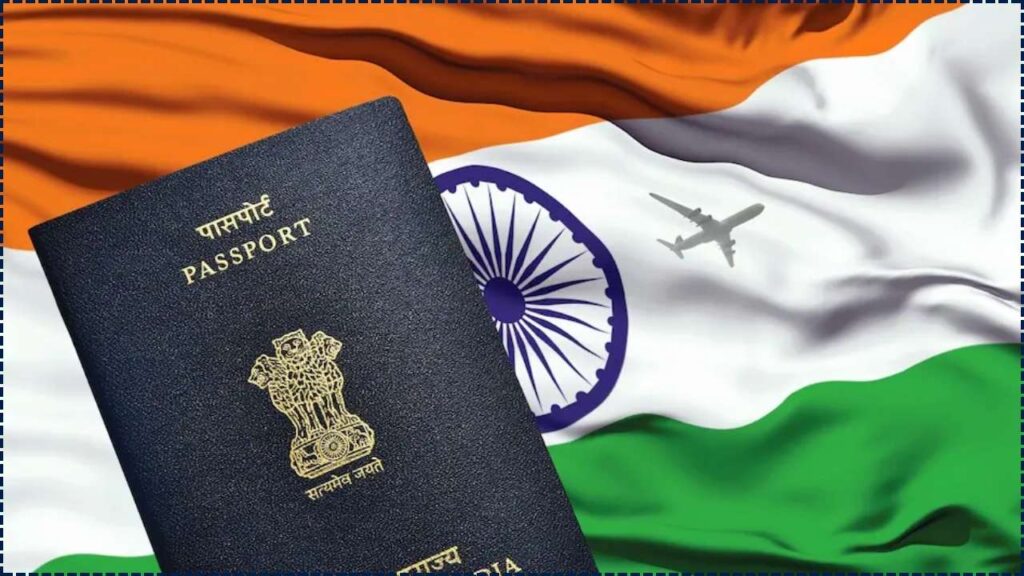
While mirroring traditional passport applications, this technology-driven approach unites citizens, authorities, and global partners in a shared mission to create an inclusive, secure governance framework that supports every individual’s aspirations for connection and exploration, nurturing hope for a more equitable and interconnected future.
India has begun rolling out e-Passports, biometric travel documents with embedded RFID chips. Citizens can apply digitally through the Passport Seva portal. The process promises enhanced security, global interoperability, and faster processing under the Passport Seva Programme 2.0.
What Is an e-Passport and Why It Matters
An e-Passport looks like a conventional passport but contains a secure chip storing biometric details such as the holder’s photograph and fingerprints. The technology, aligned with International Civil Aviation Organization (ICAO) standards, enables quicker immigration checks and reduces risks of identity fraud.
According to the Ministry of External Affairs (MEA), pilot rollouts began in cities including Delhi, Ranchi, and Goa. The initiative is part of a broader digital upgrade known as Passport Seva Programme 2.0, aimed at modernising consular services.
Guide to Applying Online
Register on Passport Seva Portal
Visit the official Passport Seva website. Create a new account or log in with existing credentials.
Select Application Type
Choose “Apply for Fresh Passport” or “Re-issue Passport,” depending on your need. The process for e-Passports is integrated with standard applications.
Complete the Application Form
Fill in accurate personal details such as name, date of birth, and contact information. Errors can delay approval.
Upload and Prepare Documents
Submit digital copies of key documents, including:
- Proof of identity (Aadhaar, Voter ID, PAN card)
- Proof of address (utility bills, rental agreement, bank statement)
- Proof of date of birth (birth certificate, school certificate)
Pay Fees and Book Appointment
Pay the fee online and schedule an appointment at your nearest Passport Seva Kendra (PSK) or Post Office Passport Seva Kendra (POPSK).
Biometric Verification at PSK
On the scheduled date, carry original documents for verification. Officials will capture your fingerprints and photograph to be stored in the RFID chip.
Track Your Application
Use the Application Reference Number (ARN) to check status via the Passport Seva tracking tool.
Receive Your e-Passport
Once approved and printed, the e-Passport is dispatched by post to the applicant’s registered address. Police verification may be required before final issuance.
Key Benefits of e-Passports
- Enhanced Security: RFID chips reduce the risk of duplication or tampering.
- Faster Immigration: Automated e-gates at airports can process e-Passports more efficiently.
- Global Standards: Compliance with ICAO norms ensures acceptance across international borders.
- Gradual Rollout: Regular passports remain valid until expiry; citizens will receive e-Passports upon renewal or re-issue.
Related Links
Download Your Driving License Online from DigiLocker in Minutes: Check Process
How to Verify Property Documents Online Using State Portals
Applying for a Marriage Certificate Online: Step-by-Step Guide
Cautions and Clarifications
Officials have warned of misinformation and fraudulent websites. Only .gov.in portals should be used for applications. “Existing passports remain valid until their expiry; citizens need not panic,” said Dinesh Kumar, Regional Passport Officer, Pune, in a recent briefing.
The MEA has also stated that e-Passports cannot be downloaded digitally—they remain physical booklets embedded with a secure chip.
Recent Developments
India’s phased commitment to scaling up e-Passport issuance nationwide by 2025, equipping most new applicants with chip-enabled passports, reflects a heartfelt dedication to empowering every citizen, especially those from marginalized communities, with secure, accessible tools for global mobility and opportunity.
As an integral part of India’s broader digital governance vision, complementing Aadhaar and DigiLocker, this initiative fosters inclusion, trust, and dignity by streamlining processes and enhancing security through advanced technology. By uniting citizens, authorities, and technologists in this transformative effort, India is building a compassionate, equitable framework that supports every individual’s aspirations for connection and exploration, nurturing hope for a connected, inclusive future where all can thrive.

